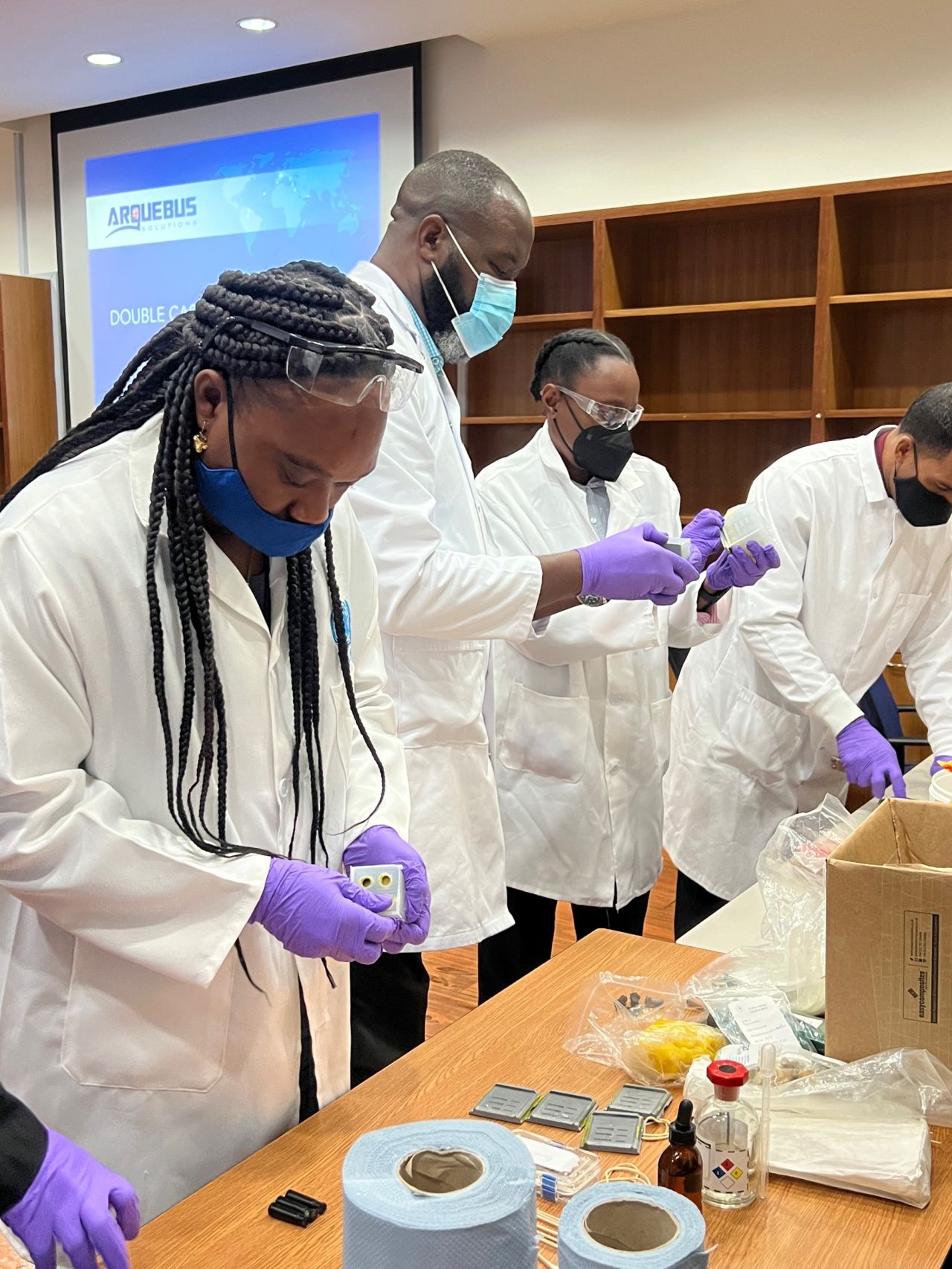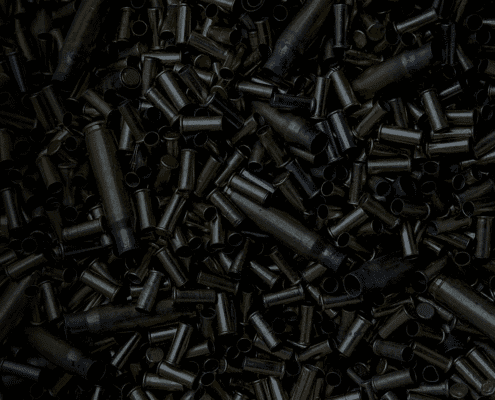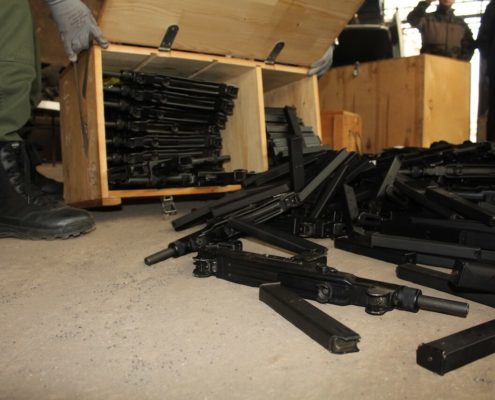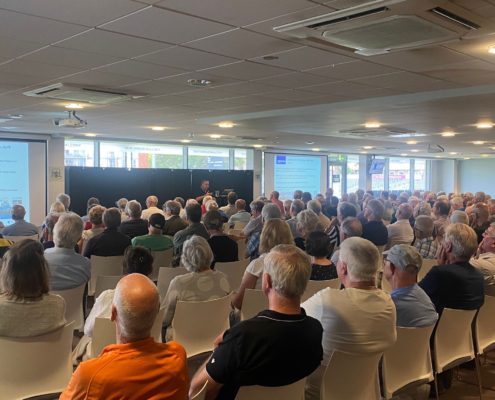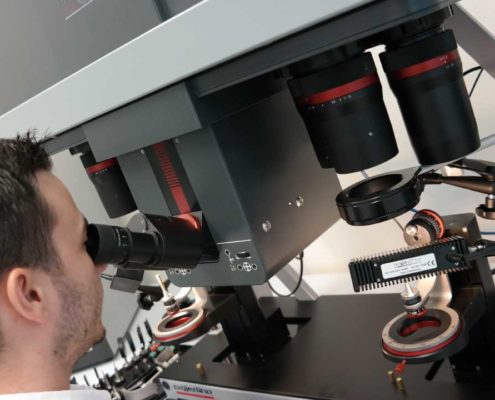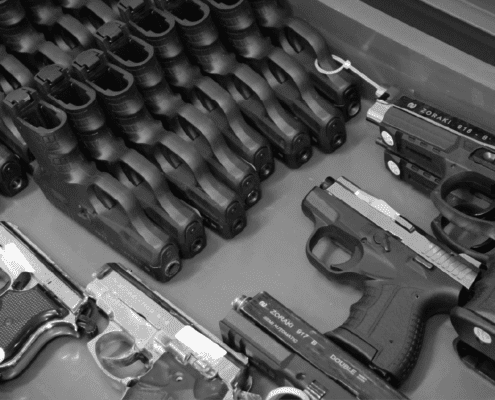 https://arquebus.uk/wp-content/uploads/2025/02/Picture-1-3.png
323
473
Rohan Harvey
https://arquebus.uk/wp-content/uploads/2022/02/Asset-1arquebus_logo.svg
Rohan Harvey2025-02-10 10:04:322025-02-10 15:23:07Arquebus Delivers Ballistic Examination Training in Montenegro
https://arquebus.uk/wp-content/uploads/2025/02/Picture-1-3.png
323
473
Rohan Harvey
https://arquebus.uk/wp-content/uploads/2022/02/Asset-1arquebus_logo.svg
Rohan Harvey2025-02-10 10:04:322025-02-10 15:23:07Arquebus Delivers Ballistic Examination Training in MontenegroBetween the 8th and 10th of August 2022, Arquebus delivered Double Casting equipment and a 3-day training course to the Trinidad & Tobago Police Service (TTPS) at the Police Training Academy and the Forensic Science Centre located within Port of Spain, Trinidad.
11 students participated in the training, with all participants successfully completing the course. Double Casting training has equipped the participants with the ability and means to Double Cast ballistic material to facilitate the sharing of crime-gun intelligence with other jurisdictions internationally.
What is Double Casting?
Double Casting is an INTERPOL approved process which allows practitioners to create cloned ballistic material, which is accurate to a microscopic level.
Double Casts of ballistic material such as bullets and cartridge cases collected from crime scenes or test-fires can be sent to the authorities of other jurisdictions for comparison to identify potential links with other crimes through the use of comparison microscopy and Automated Ballistic Identification Systems (ABIS) such as Ultra Forensic Technology’s Integrated Ballistic Identification System (IBIS).
Double Casting has the benefit of preserving the chain of custody of the original exhibits, facilitates fast and cheap international transfer of cloned material via postal services, and ultimately enables forensic laboratories to identify valuable investigative opportunities without risking the loss of, or potential damage to, crime exhibits and test-fires.
Contributing Toward Regional Security Through Capacity Building
Double Casting has already contributed to regional security, having seen previous success in idenitfying transnational crime links within the region. The training and equipment delivered by Arquebus has expanded the TTPS’ Double Casting capability, with multiple agencies within the TTPS now able to clone ballistic material. Greater capacity and awareness of the benefits of Double Casting within Trinidad & Tobago will further facilitate security cooperation, as practicioners can now be sent to clone ballistic material in other Caribbean states which do not have a Double Casting capability, or direct access to ABIS.
The Double Casting training was coordinated by UNLIREC and funded by the US Government. The training contributed toward Goal 3 of the Caribbean Firearms Roadmap, to ‘Bolster law enforcement capacity to combat illicit firearms and ammunition trafficking and their illicit possession and misuse’, pursuant to Agenda 2030, SDG Target 16.4., to ‘Significantly reduce illicit arms flows and to combat all forms of organised crime by 2030.’
